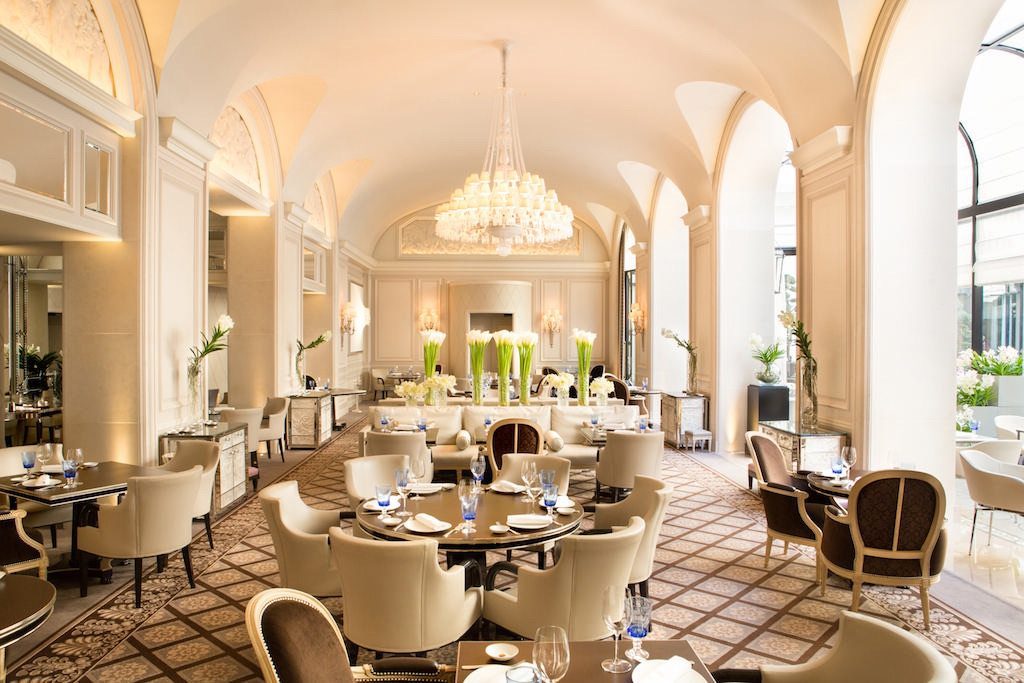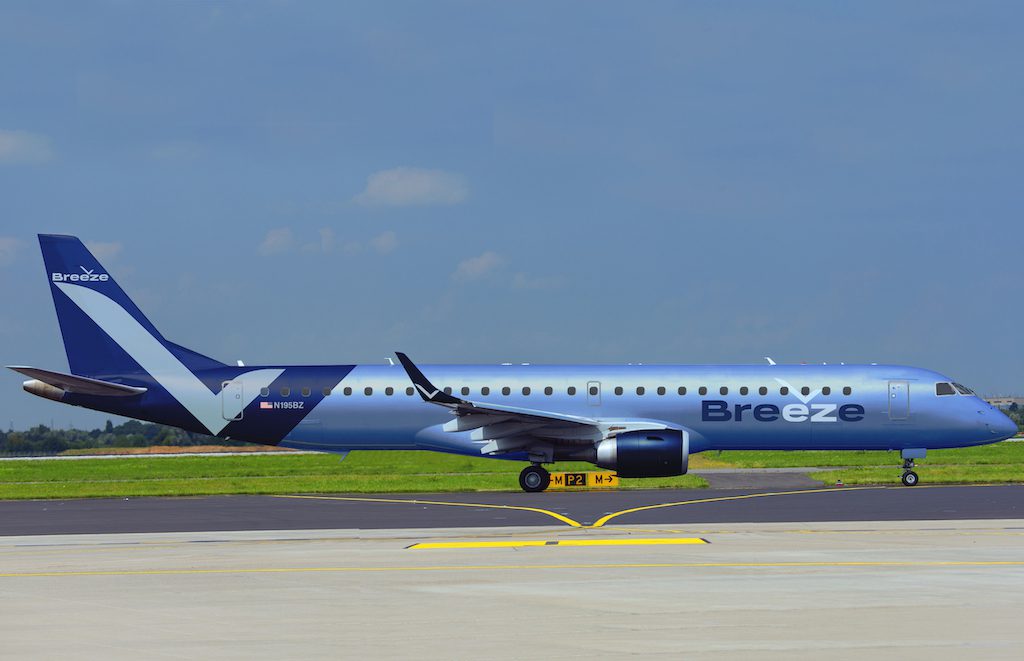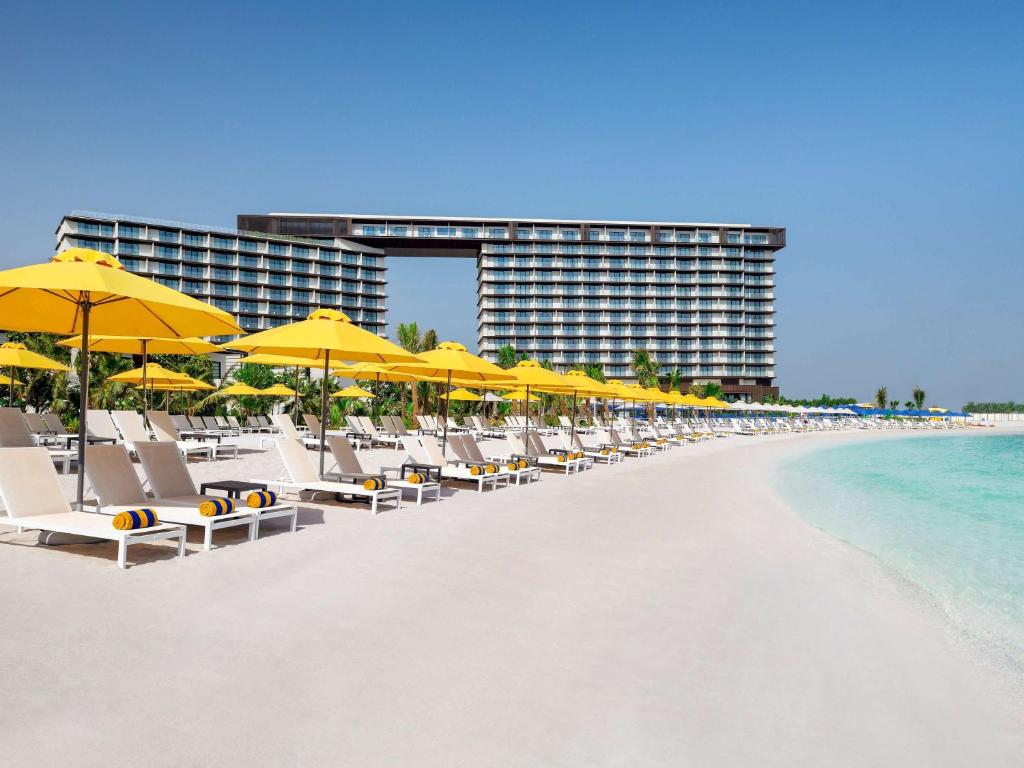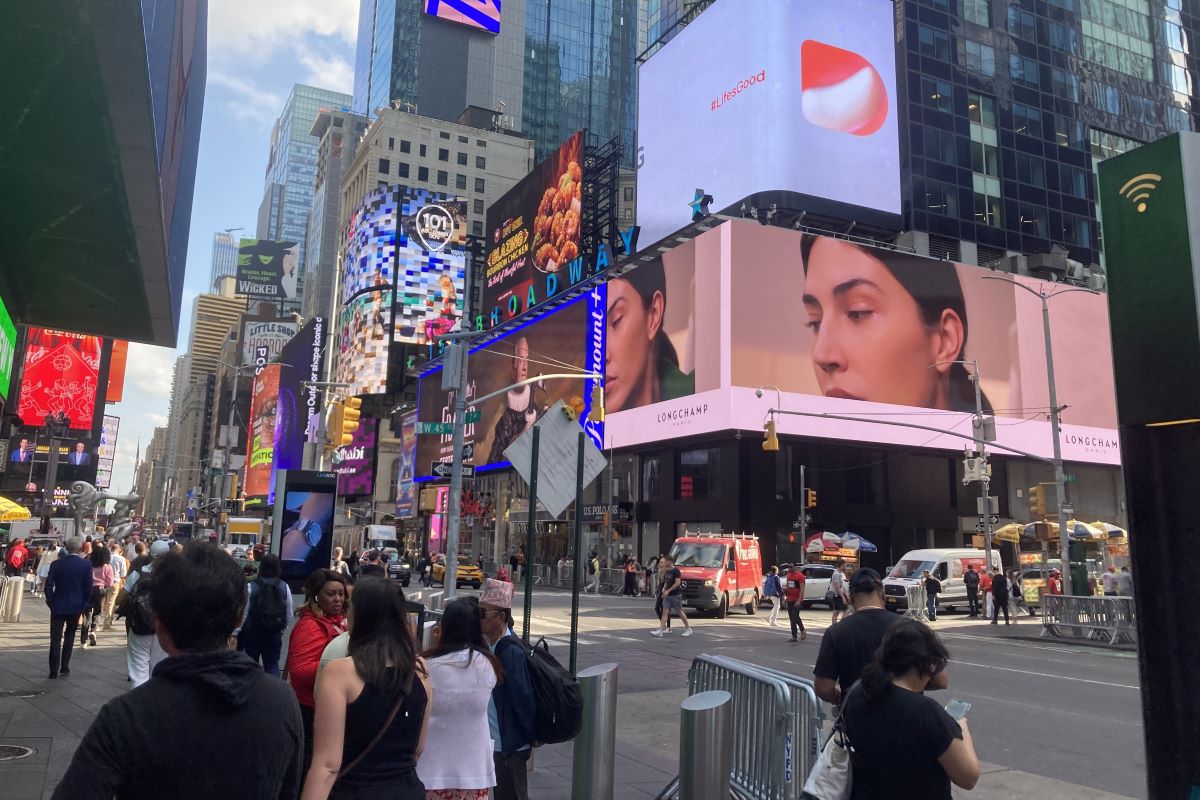Hoteliers Are Taking Different Approaches to Luxury Travel Innovation

Skift Take
Everyone in travel wants to know what the next big thing — or disruption — will come from, and for luxury travel, innovation has a number of different definitions and approaches.
For some, it's about using technology to personalize the experience. For others, like Four Seasons Hotels and Resorts, it's about empowering employees to deliver the best service possible. For Sereno Hotels, it revolves around staying true to the meaning of hospitality. And for W, JW Marriott, and The Luxury Collection, innovation involves looking to sectors like retail and dining for some inspiration. AccorHotels, too, is thinking more about improving the entire travel experience from end to end.
In recent years, luxury travel, in particular, has undergone an evolution, from embodying ostentatiousness and formal, traditional white-glove service to something that embraces more low-key luxury and personalized, but not stiff, service.
And as it continues to change, many hoteliers see room for enhanced personalization and customization, as Skift found from speaking to them at the recent International Luxury Travel Market in Cannes.
Customization Is King
"Customization is the next big innovation in luxury travel," said Chinmai Sharma, chief revenue officer of Taj Hotels Resorts Palaces and Safaris. "Every traveler has his or her own requirements. Companies that differentiate themselves will treat each customer as his or her own segment."
Anthony Ingham, global brand Leader for W Hotels Worldwide, likewise has big hopes for better customization in the guest experience, and he thinks it will be accelerated once Marriott launches its new loyalty program that combines Marriott Rewards, Starwood Preferred Guest and Ritz-Carlton Rewards.
"If you're a W regular, I want the app to default to the W skin and for it to move according to the hotel/geolocation," Ingham said. "I want the app to be a central repository of information and to be able to unlock your room, control the temperature, and have your playlists saved. To be the same way you use your phone to manage your whole life, I want our hotels to be connected by digital synchronization and that's what scale can provide. Content should be delivered and tailored specifically to that individual. The ability to customize the window by which someone experiences a brand is endless."
But the bigger question involved with customization and personalization is: How is that achievable through technology? It's something that's still very much a work in progress for many brands, while others have expressed a bit of disdain for furthering unnecessary tech investments in the name of innovation.
Technology for Technology's Sake?
Luis F. Contreras, the owner of Sereno Hotels, said, "I don't like innovation for innovation's sake. I don't want technology to be the center of the guest experience. Human warmth is what we want to do. We're users of technology, but we don't want guest experience to be dominated by technology."
At the Four Seasons Hotels and Resorts around the world, innovation is about using technology to empower employees to provide better, more personalized customer service.
Christian H. Clerc, president of worldwide hotel operations for Four Seasons, said, "I think, when we think about innovation in our modern world, we often times go to technology, but for us, tech is not the end game. It's about empowerment and providing our employees and our guests with tools that help them provide better service and our guests with better experiences. When it comes to innovation, for us, it's all about experiences. We use technology to help us achieve that consistently throughout the portfolio."
Clerc also noted that today's luxury traveler, who possesses a "millennial mindset," is more interested in "experiences that are grounded in authenticity, the importance of the character of the people who provide the service. The innovation is around how we make sure our employees who are so talented shine through this service experience."
Thinking About the Whole Experience
Other hoteliers, like Sebastien Bazin, CEO of AccorHotels, said his company's approach to luxury travel is beginning to take a holistic approach about the entire traveler journey, and looking beyond just the hotel stay.
"When you have a luxury traveler you want them to feel free, to not have to worry about their luggage and all the other hassles of traveling," he said. "The journey starts when you leave your home. It's the airport lounges, the flight, the ride to the hotel. Everything has to be seamless and easy. We used to just think of luxury in terms of the lodging experience. Why can't you have the hotel store what you need when you travel? We have to make that more accessible to more people."
Looking Toward Retail and Dining
And others are looking beyond hotels, and to dining and retail for inspiration.
"Retail," Ingham of W Hotels noted, "reinvents itself all the time," and we're already beginning to see evidence of high-end retail's influence on the hospitality space.
Nicholas Clayton, Capella Hotel Group CEO, said, "We're not in a position to lead in technology, but we're really investing in food and beverage and developing partnerships."
At Marriott's JW Marriott and The Luxury Collection brands, vice president and global brand leader Mitzi Gaskins, said, "I'm watching the independent food-and-beverage industry, especially restaurants and bars, because it changes faster than hospitality, and it's also becoming an increasingly integral part of the luxury experience. The transition from formal experiences to more casual ones took place in restaurants first and it's a good way to see what's coming."
At the Four Seasons George V Paris, Clerc pointed to how the company is pursuing innovation at one of its restaurants, Le George, where employees are encouraged not to wear a formal uniform — they're asked to wear their own clothes and to express their own personalities through their garb. It's not a brand-wide standard at each Four Seasons hotel, but for this particular restaurant, the strategy works beautifully, he said.
"No name tags. No uniforms. People wear their own clothes," Clerc said. "Of course, it's Paris, so it's easy to achieve here, but in the restaurant, the whole experience becomes very personal. It's been really wonderful to see the response we see from that. It's an example of one of the ways we continue to innovate in terms of just challenging the norms around how we deliver service and, specifically how we provide employees an environment in which they can be themselves and shine."
Clerc continued, "In terms of hospitality, to me, one of the big opportunities is restaurants and bars. We are focusing a lot of energy behind this. With, for example, Airbnb, which is entering the hotel space, for us, we see restaurants and bars as a real point of differentiation when it comes to providing a luxury hospitality experience. The other thing about restaurants and bars is, if you think about it, they act as a gateway to the local community — as a way to expand the brand in a different way."




